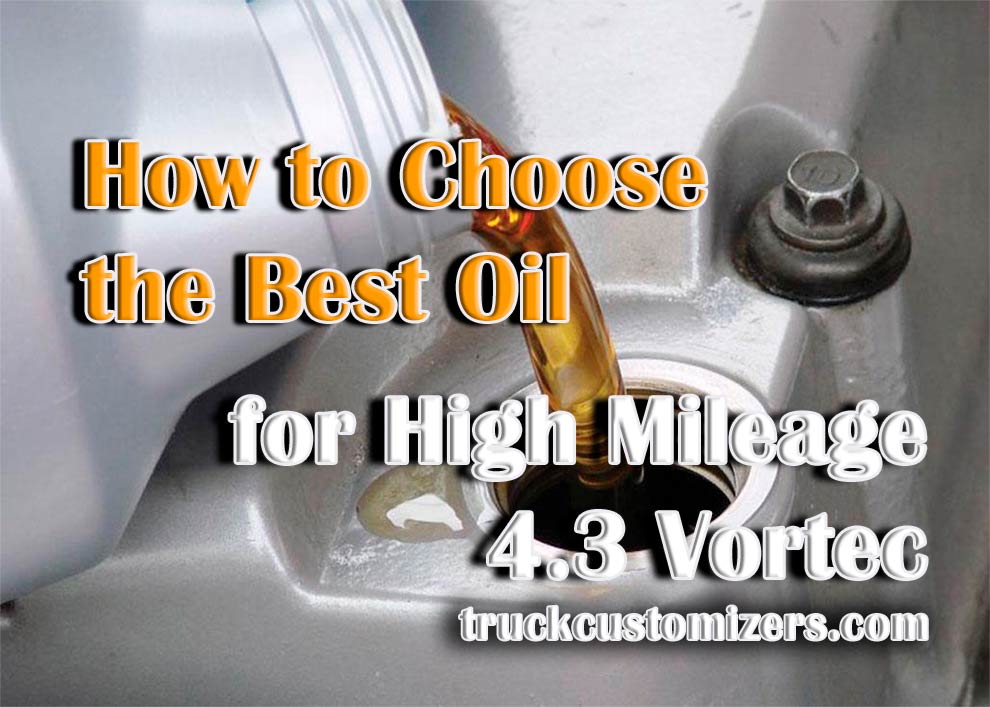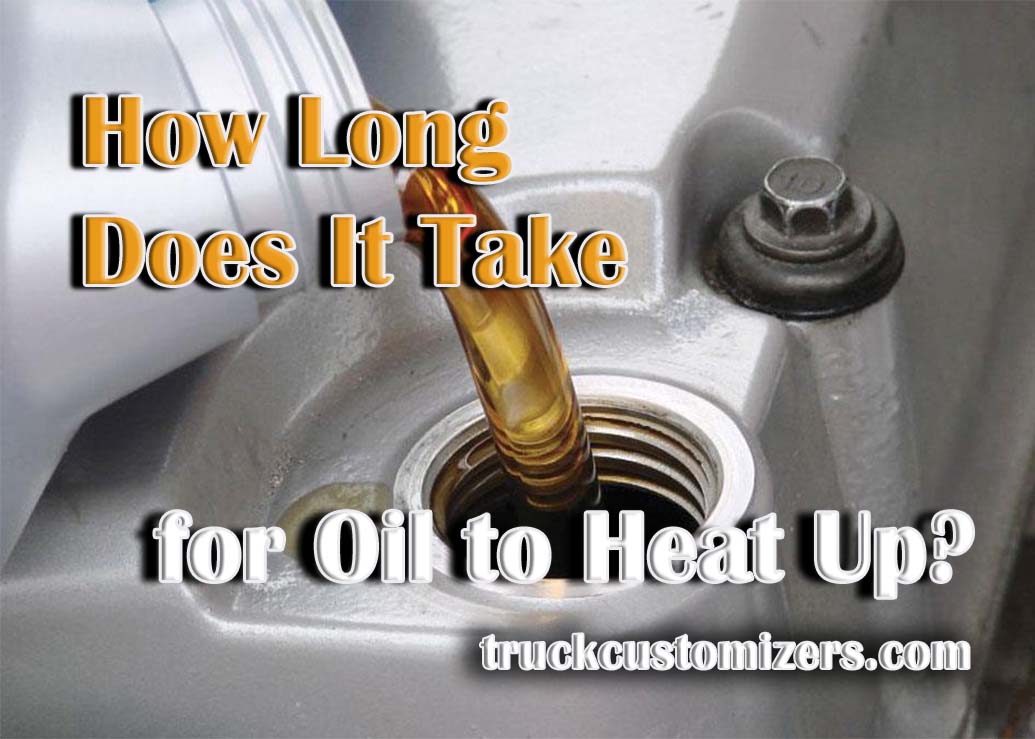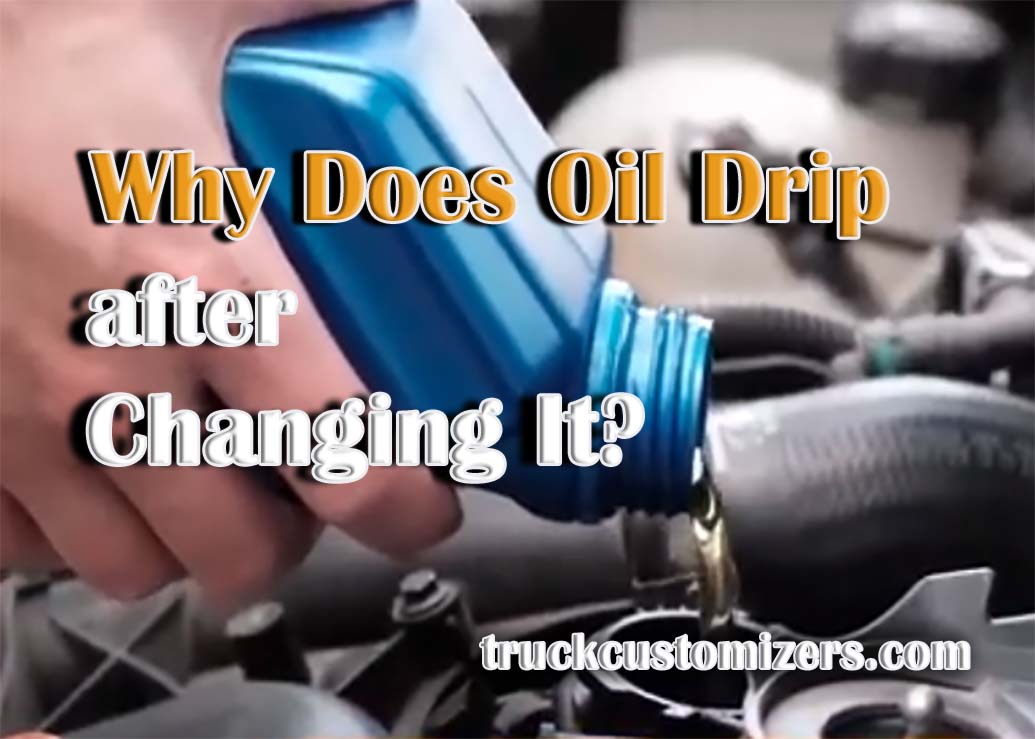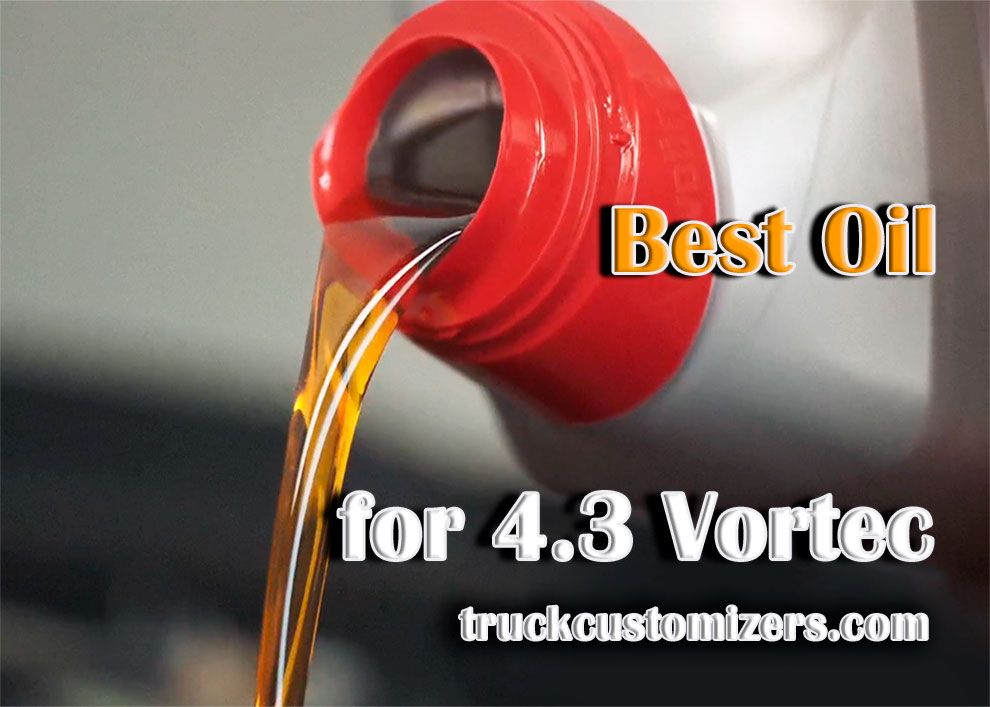The stable operation of a car engine largely depends on what engine oil you choose. This task should be taken as seriously as possible. But serious doesn’t mean complicated. And today I’m going to tell you how to choose the Best Oil for 4.3 Vortec engine.
When Does an Engine Start to Be Considered Worn Out?
It used to be believed that after 300,000km – the engine is worn out and requires special care. Today that figure has been reduced to 200,000 km, due to the technical features of engine production. It is also worth taking into account the roads the car was driven on. If it is intercity routes, even at 300,000 km the engine will be in good condition, but if the car was driven exclusively in the city and often stood in traffic jams, the engine of this car already at 150,000 km mileage may not be in very good condition. In other words, it is not the mileage itself that matters, but the running hours of the engine, at what load and quality of maintenance.
The Main Properties of Oils
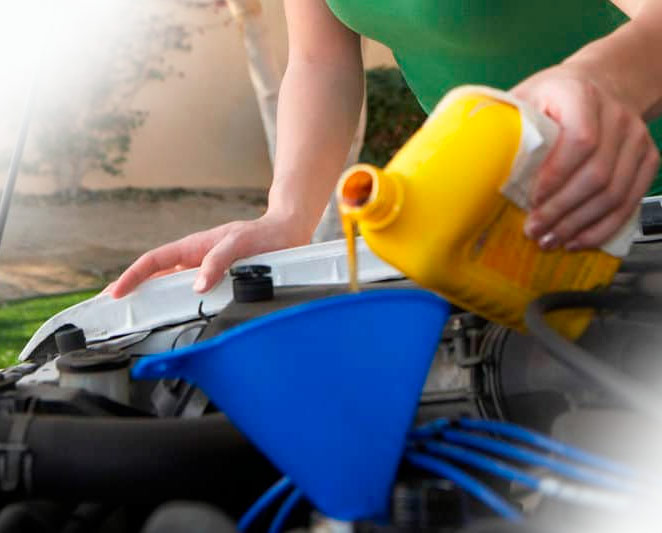 Oil is a kind of engine blood, the quality of which directly affects the safety of vehicle operation. The main functions of oils are:
Oil is a kind of engine blood, the quality of which directly affects the safety of vehicle operation. The main functions of oils are:
-
Lubrication of engine components. Oil covers all parts with a film, reducing friction and bearing wear.
-
Cooling of heated units. Engine oil stores heat before the film is discharged by the piston ring into the engine crankcase.
-
Engine protection against corrosion. Additives in the oil neutralize harmful acids, preventing corrosion.
-
Protects the engine from deposits and dirt released when the car is running.
Quality oils contain a large number of useful chemical additives. One of their many functions is to prevent contamination of engine components. As a result, all contaminants are trapped in the oil and deposited on the oil filter. Worn engines can have cooling problems and ducts can get caked, leading to dry friction and rapid engine wear. To rule this out, oils should be used.
In brief, experts recommend API SG and higher (SH, SJ, SL, SM, and SN) motor oils for cars manufactured in 1994 and older. The more modern oil, the greater its performance characteristics and replaces the earlier API specifications. The above oils have minimum standards for fouling and low ambient temperatures.
Viscosity is one of the most important parameters. SAE grade indicates the range of air temperatures at which the oil will help the engine to start gently with a starter, will provide distribution of lubricant to all systems and engine units during so-called “cold start” to avoid dry friction as well as excellent lubrication in warm weather. The letter W is the winter indicator and the numerical value is the summer indicator, on the labels of multigrade oils these indicators are written together.
Checklist for Selecting an Oil
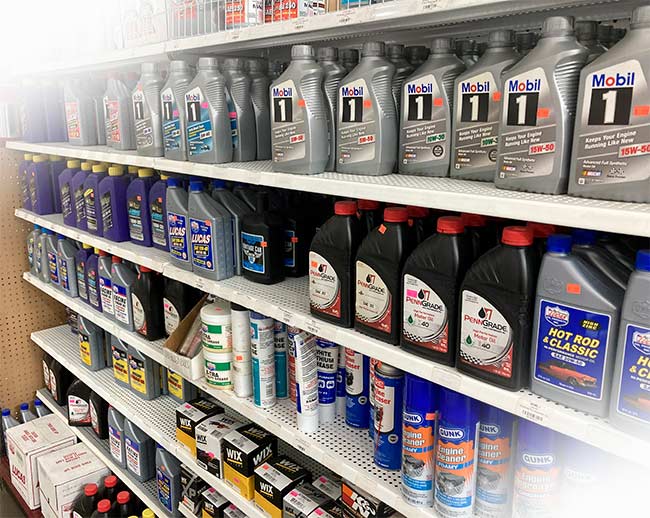 I have made a checklist to help you choose an engine oil:
I have made a checklist to help you choose an engine oil:
-
The most important criterion – the tolerances of the car manufacturer. You can find them in the service book, which is attached to the car. If it does not exist, verify the information with an official dealer of your car brand.
-
Check the required license of the engine oil according to international categories API, ACEA, and ILSAC.
-
Choose the SAE viscosity grade of your engine oil that you need. It should be in the range recommended by the automobile manufacturer. Also, match the viscosity to the operating conditions.
-
Select the type of oil: synthetic, semi-synthetic, or mineral.
Synthetics have the best characteristics but are more expensive than others. Mineral – the most budget-friendly option, but it requires Changing Oil in a 4.3L Vortec. A compromise option is semi-synthetic oils. They cost cheaper than synthetic oils but are significantly superior to mineral ones in performance parameters.
Thus, these steps will help you choose oil for all types of engines. It is not necessary to keep in your head what each API, ACEA, ILSAC marking means – it is enough to find out which class is recommended for your car. I hope this article was useful for you!
